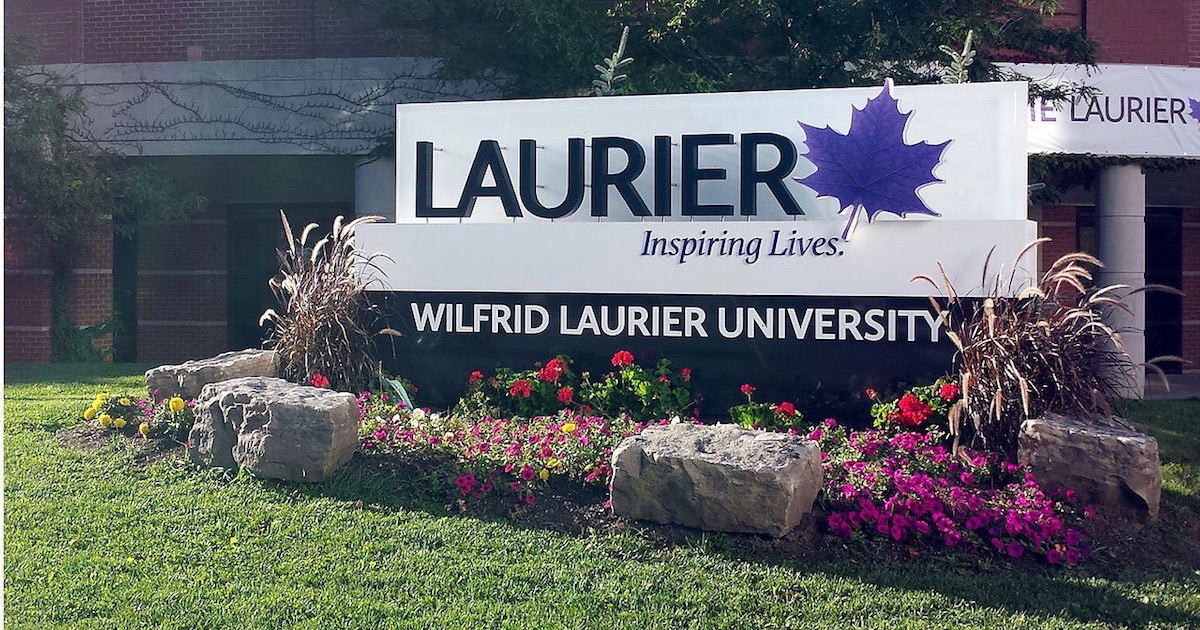 Education
Education
 Evolution
Evolution
 Free Speech
Free Speech
Lindsay Shepherd’s University Endorses Free Speech

Lindsay Shepherd is the now famous T.A. from Wilfred Laurier University who got in trouble after showing a clip of University of Toronto professors Jordan Peterson and Nicholas Matte debating the use of gender pronouns. I wrote about her this past fall. She was called into a meeting and chastised by faculty members. She recorded the meeting and publicized the recording. She told faculty, in part:
…The thing is, can you shield people from those ideas? Am I supposed to comfort them and make sure that they are insulated away from this? Like is that what the point of this is? Because to me, that is so against what the university is about, so against it. I was not taking sides, I was presenting both arguments.
Media attention caused an uproar. The university ended up offering her an apology. Shepherd, however, is suing, according to the National Post.
She claims harassment, intentional infliction of nervous shock, negligence, and constructive dismissal. The “attacks” on her “have rendered her unemployable in academia,” she claims, and forced her to abandon her career plans for further graduate study and teaching.
A Silver Lining
But perhaps there’s a silver lining. It appears that free speech has gained some ground at Laurier! Following the blowup about Lindsay Shepherd, the university Senate approved a statement on Free Expression. I’d describe this document as an articulation of the important tenets of free speech, pitched to the millennial generation.
This deserves to be quoted extensively. The statement starts out:
Wilfrid Laurier University’s purpose is to extend and deepen understanding of the world and ourselves through open-ended, disciplined, and critical enquiry. Freedom of thought, association, and expression are fundamental principles of an open, fair, and inclusive campus, and are core to the discovery, critical assessment, and effective dissemination of knowledge. As history clearly demonstrates, these freedoms establish conditions necessary for critical thought, and for diverse voices to be heard without the fear of repression or reprisal. They are vital to the creation of knowledge, and to challenging the improper use of power.…
The university supports the expression, testing, and challenging of a range of perspectives and ideas, including those that may be deemed difficult, controversial, extreme, or even wrong-headed. As an institution of higher learning, Laurier strives to instill throughout its community the ability to think critically, express ideas clearly and persuasively, and articulate positions that are based on reason, evidence, and frameworks of knowledge. The university is distinct from a public square, or an online forum; as an academic institution it is committed to advancing intellectual excellence rooted in diversity of thought in an inclusive learning environment.
They use an interesting phrase — “inclusive freedom.” It was new to me, but has been discussed by others.
Laurier challenges the idea that free expression and the goals of diversity, equity, and inclusion must be at odds with one another. Instead, the university embraces the concept of “inclusive freedom” which espouses a commitment to the robust protection of free expression, and the assurance that all members — including those who could be marginalized, silenced, or excluded from full participation — have an opportunity to meaningfully engage in free expression, enquiry, and learning.
A definition is provided in a Glossary, which explains that inclusive freedom is:
Framework for speech on campus that takes seriously the importance of a free and open exchange as a necessary condition for the pursuit of knowledge, and as a contributing condition to the development of civic and democratic capacities. It lends similar weight to the related demand that all members of the campus community be able to participate in this free and open exchange (Ben-Porath, Sigal, Free Speech on Campus, 2017).
This Sounds Familiar
Inclusive freedom sounds a bit like the First Amendment to me — all have the right to freedom of speech.
The statement also notes:
Some challenging cases of free expression will have to be navigated, but it is not the role of the university to censor speech. To grant the institution such power would set a dangerous precedent. Even if institutional censorship were deemed acceptable in one context, there is no guarantee that such restriction would be applied fairly or wisely in other contexts, or as power changes hands over time. Rather than restricting speech, Laurier is committed to supporting an open and inclusive environment that also protects free expression. Community members are free to reject and vigorously contest ideas while still recognizing the right to express or hear those ideas. The university aspires for its community to engage in better speech whereby members strive for a high ethical and intellectual standard for open and constructive discourse.
However, they make very clear that the freedoms articulated here are restricted to what is legal in Canada.
Gender specific pronouns are not a focus of my work, but I do get alarmed at reports of shutting down talk about mainstream controversies, especially at universities. So it is great to see Wilfred Laurier University taking steps toward greater freedom with this statement!
Now, is it too much to hope these fine attitudes will extend to discussion of scientific topics such as evolution?
Photo credit: GatorEG [CC BY-SA 4.0], from Wikimedia Commons.
